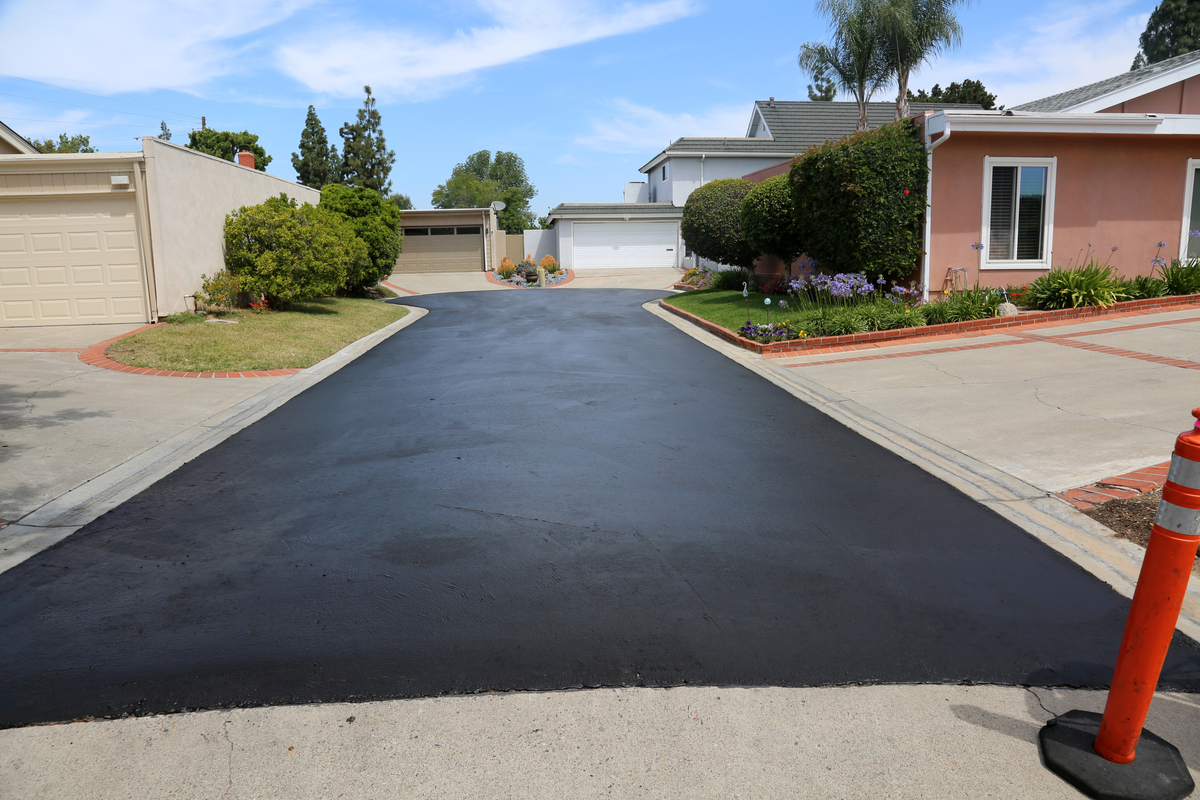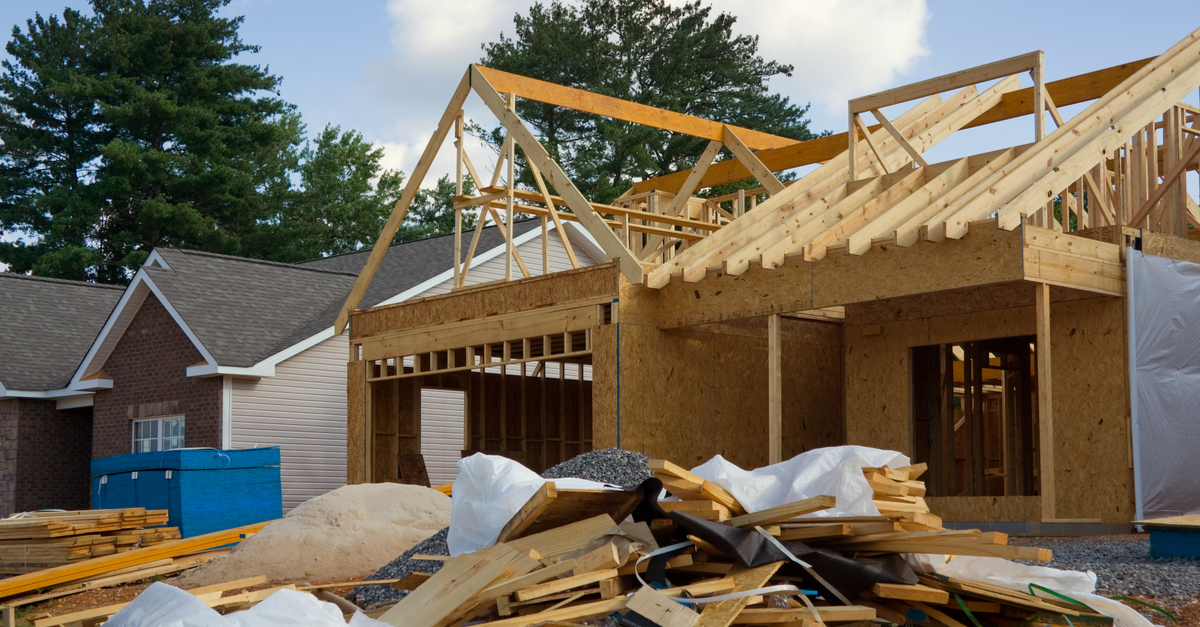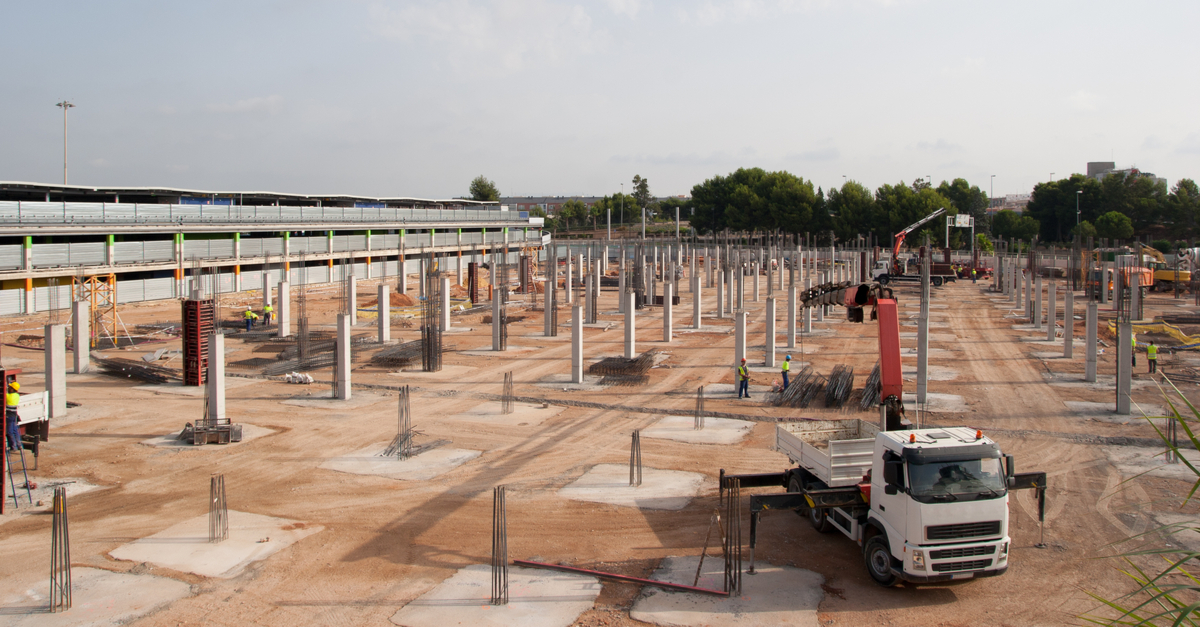When is the last time you looked at the asphalt parking lot in front of your business? If it has been a while, now may be a good time to evaluate the surface. If there is damage, cracks, and potholes, there is a good chance the parking lot is detracting from this business’s curb appeal.
The good news is, there is a way to fix these issues and prevent them from coming back – sealcoating. Keep reading to learn more about seal coating asphalt surfaces and the many benefits it offers.
Protection from the Sun
One of the most common images of asphalt today is the long highway stretching through the desert with the sun beating down – constantly. Usually, the asphalt in the picture is faded and cracked.
Unfortunately, this is what happens to asphalt surfaces that are not protected from the sun. UV light can break down many of the materials, and the aggregate and binders in the asphalt are no exception.
When you invest in seal coating for your asphalt surface, it provides long-term protection from the most damaging parts of the spectrum, making the asphalt last longer and remain damage-free.
Moisture Protection
Many people forget about the high level of damage that water can do. Asphalt is not an exception to this rule, especially if you live somewhere temperatures drop below freezing.
Moisture can make its way under asphalt, and as the water freezes, it expands, which can cause cracking. This impacts the integrity of any asphalt surface.
Even if freezing is not an issue, asphalt may suffer erosion because of water, especially during the rainy times of the year. If there is a complete washout, the entire underlying base rock and gravel may be washed away, causing serious damage in a very short period of time.
Improve Asphalt Longevity with Professional Sealcoating
Asphalt does not last forever. It can weather faster than concrete, and it is more susceptible to damage from vehicles and the elements. When seal coating is applied properly, it can help to lengthen the lifespan of any asphalt surface.
This means your parking lot, driveway, or road will last longer once it is sealed than it would without this treatment. That is because the seal coating helps prevent damage which may occur as time passes.
Keep the Asphalt Black
Everyone has seen roads that look worn and sun-faded throughout the years. Even when there is not excessive damage, many people do not like the look of faded asphalt. While this is not as important for roads, most people want the parking lot in front of their business to look aesthetically pleasing. Sealcoating will ensure this and provide the long-term black color that everyone wants to see.
As you can see, seal coating offers an array of benefits. Keep this information in mind and contact the professionals to schedule the service. This will pay off in the long run and help ensure the desired effects are achieved for any asphalt surface.











